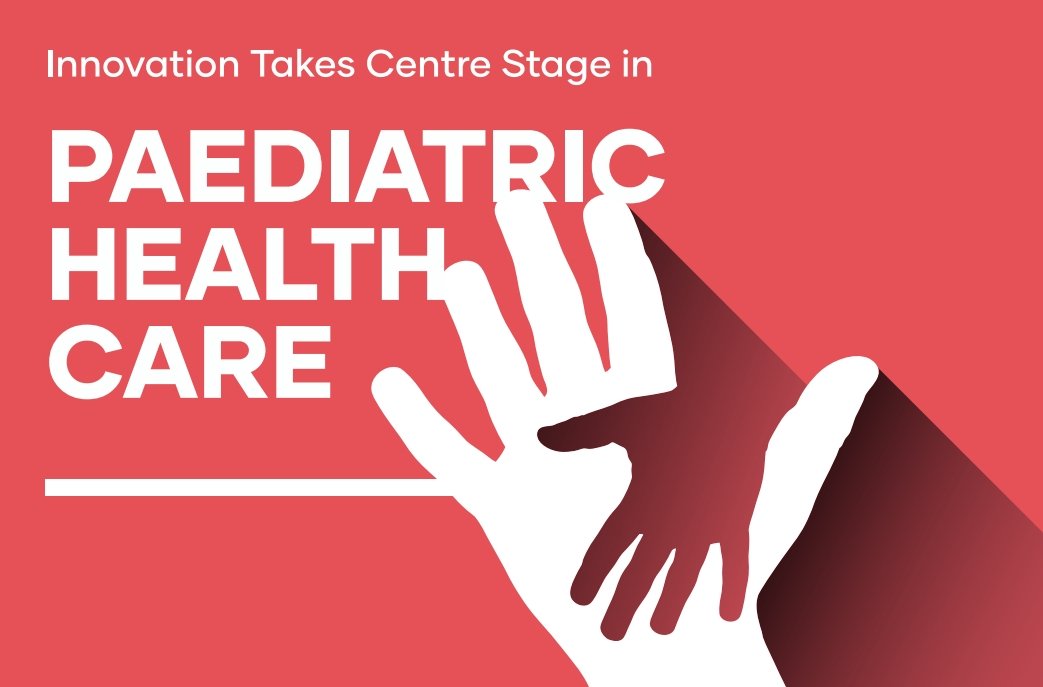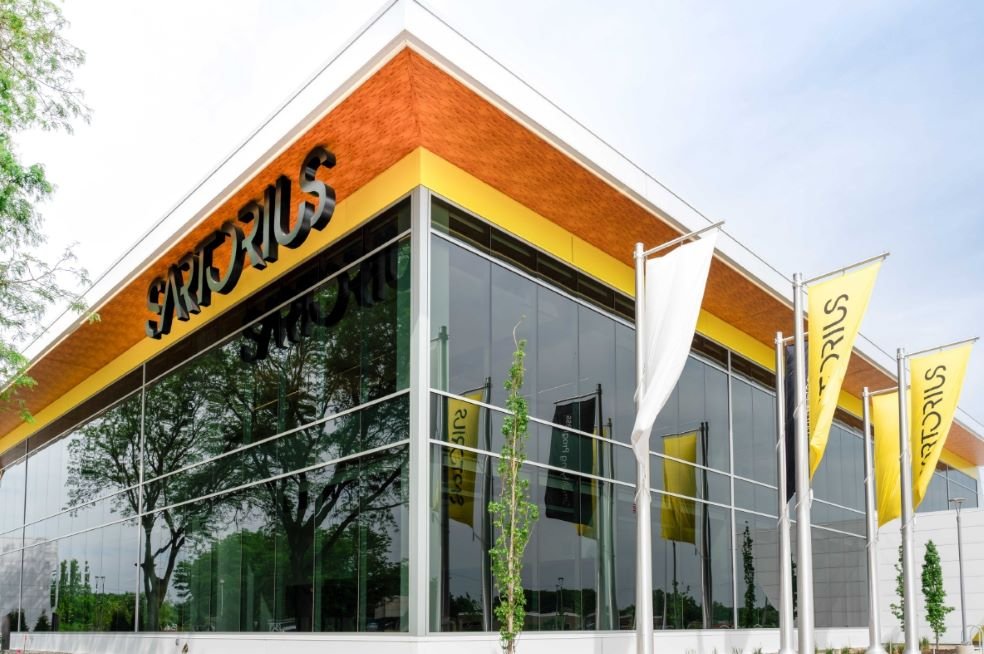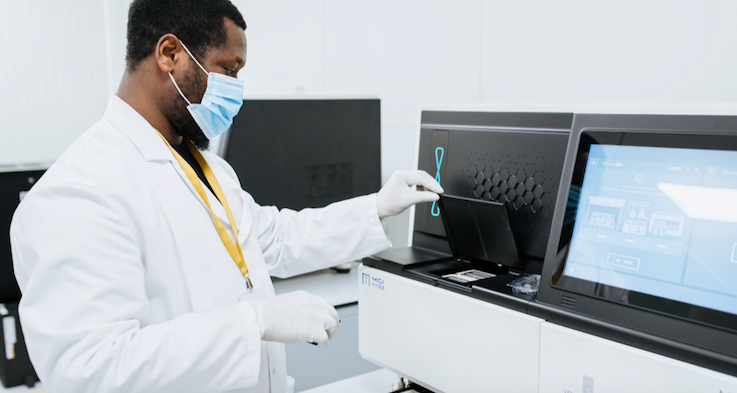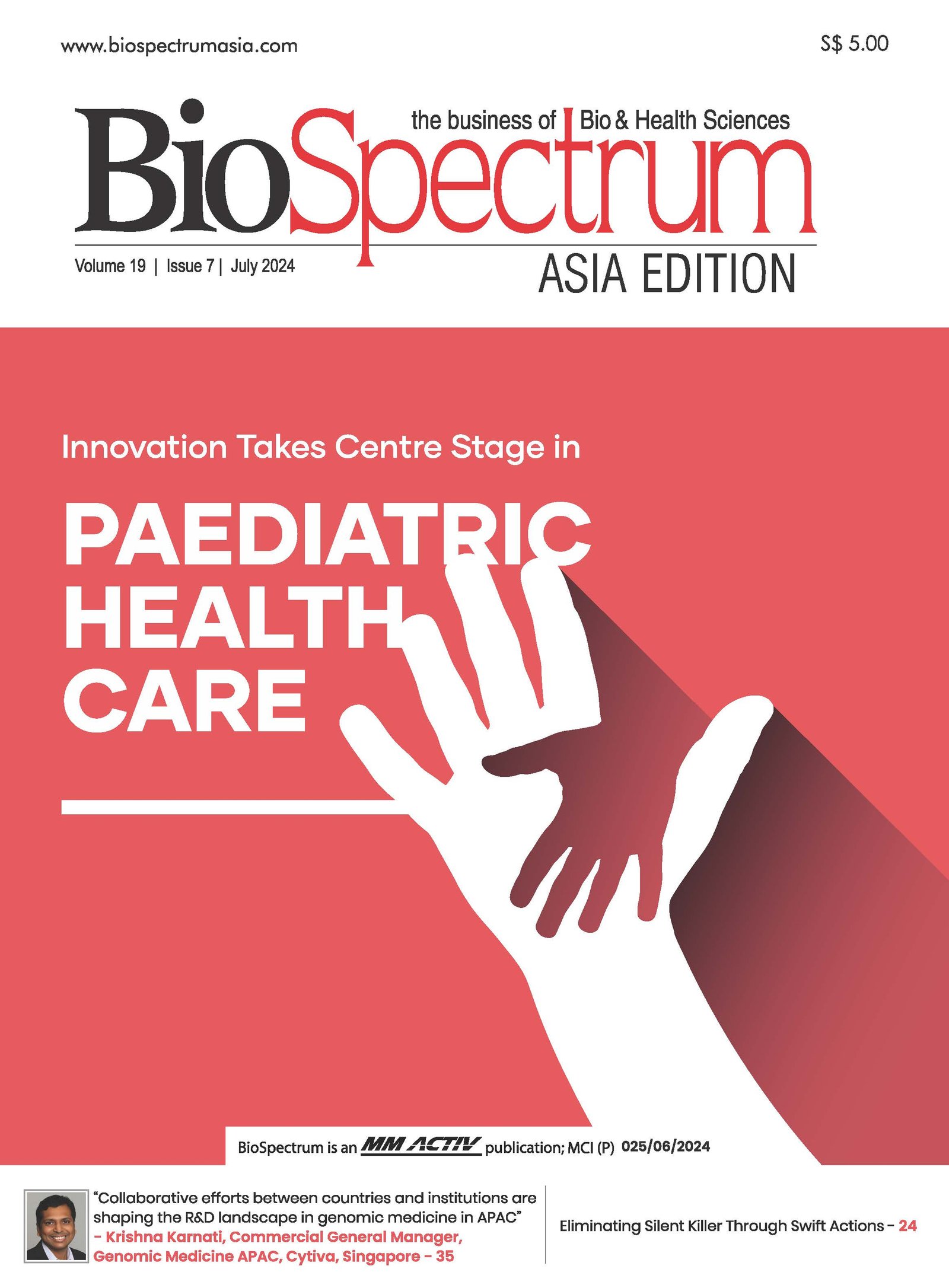How Thai Biotech and Healthtech is Thriving with Innovations
31 May 2024 | Opinion | By Jeremy Cao, General Manager, BGI Genomics Southeast Asia
Thailand's biotech industry is rapidly evolving, positioning itself as a key player in the ASEAN regions and the global biotechnology landscape. With a strategic focus on research and development, supportive government policies and a burgeoning ecosystem of startups and research institutions, Thailand is emerging as a hotspot for biotech innovation in Southeast Asia.

The government's commitment to foster innovation and technological advancement is one of the driving forces behind Thailand's evolving biotech industry. The "Thailand 4.0" policy, launched in 2016, aims to transform the country into a high-income nation driven by innovation, technology, and creativity. As part of this initiative, significant investments have been made in research and development, particularly in biotechnology, pharmaceuticals, and healthcare sectors. The bioeconomy is one of the country's ten targeted growth-engine industries.
Additionally, the government has implemented various incentive programmes to attract investment and stimulate growth in the biotech sector. These include tax incentives, grants, subsidies for research and development activities, and initiatives to streamline regulatory processes and facilitate technology transfer. The investment promotion agency Thailand Board of Investment (BOI) awards generous grants to investors. It exempts biotechnology companies from corporate tax and import duties for 8 to 13 years, depending on the technology used and their development activities, and grants simplified work permits to foreigners in this sector.
Thailand also boasts a strong network of research institutions and academic centers dedicated to biotechnology and life sciences. Leading universities such as Mahidol University, Chulalongkorn University, and Kasetsart University have established world-class research facilities and collaborate closely with industry partners to drive innovation. Currently, 24 universities nationwide have the combined capacity to supply approximately 7,000 students with a biotechnology background each year.
The National Center for Genetic Engineering and Biotechnology (BIOTEC) plays an important role in supporting and transferring technology for the development of industry, agriculture, natural resources, the environment, and, consequently, the social and economic well-being of the Thai people. It is one of four national research centers operating under the National Science and Technology Development Agency (NSTDA), which bridges academia and industry.
At the heart of the Eastern Economic Corridor (EEC) in Wangchan District, Rayong Province, the Eastern Economic Corridor of Innovation (EECi) is one of ASEAN’s leading innovation hubs. Biopolis is the infrastructure in the EECi in Rayong that provides biotechnology research and services facilities. Its objective is to support the development of Thailand's targeted industries.
According to Thailand's Ministry of Public Health, approximately 18-24 million or 30-40 per cent of the Thai population carries the thalassemia gene, with moderately severe thalassemia patients requiring regular treatment, including blood transfusion and chelation therapy to remove excess iron from the blood. To address this threat to public health, BGI Genomics has been actively working with the Thai government, research institutions, and innovation hubs to share knowledge and leverage complementary expertise. For example, BGI Genomics has partnered with the EEC Office and the Thai Ministry of Health in conducting clinical trials for thalassemia gene therapy.
While Thailand's biotech industry has made significant strides in recent years, it still faces several challenges, including limited access to funding, regulatory barriers, and a shortage of skilled talent. However, these challenges also present opportunities for growth and innovation, mainly through increased collaboration between academia, industry, and government.
Despite these challenges, Thailand is well-positioned to become a regional hub for biotechnology innovation, leveraging its strengths and addressing its challenges.
By fostering a supportive environment for research and development, and capitalizing on its existing research excellence and vibrant startup ecosystem, Thailand can drive economic growth, improve healthcare outcomes, and address pressing societal and environmental challenges.
Jeremy Cao, General Manager, BGI Genomics Southeast Asia












